This book is a modest attempt to highlight the above contention from a broad perspective for the emerging market economy of Bangladesh. The work is a research-based book, comprising a number of self-contained and interrelated essays on policy-oriented issues in exchange rate economics. Dr. Hossain discusses a number of key issues in currency devaluation with data from Bangladesh and develops a macroeconomic model along the lines of the tradable-nontradable goods approach to international macroeconomics. He analyses the movement of both the real exchange rate and trade balance in Bangladesh since the early 1970s. The author also makes an in-depth study of two politically-sensitive economic issues, viz. the economic and political events that led to the 1974 Bangladesh famine and Bangladesh’s large and growing trade deficits with India since the late-1980s. The concluding chapter reflects on dynamics of Bangladesh’s politics and the present state of economic and political institutions that support economic reforms and the process of macroeconomic policymaking. Students of economics, policymakers and researchers on macroeconomic issues in developing countries and in Bangladesh will find this book useful.
Empowering Public Sector Enterprises in India: Proceedings of Chief Executive Conference on Public Sector Enterprises
The public sector ...
$36.90
$41.00

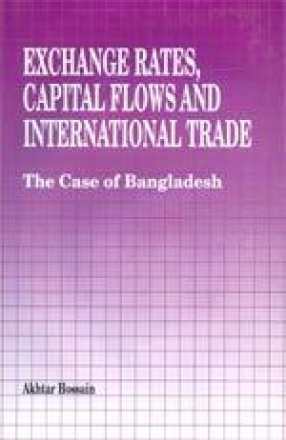
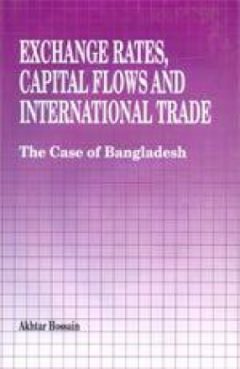
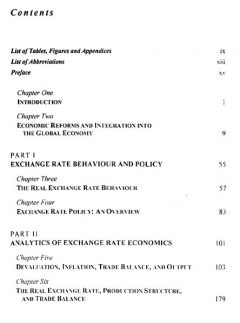
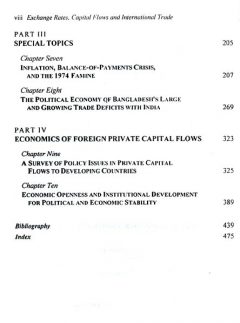
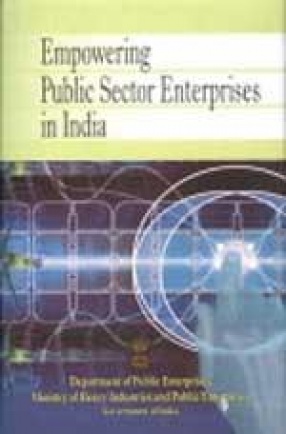
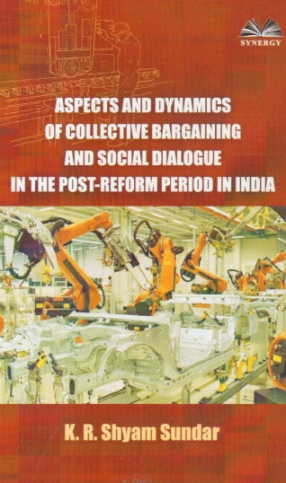

There are no reviews yet.